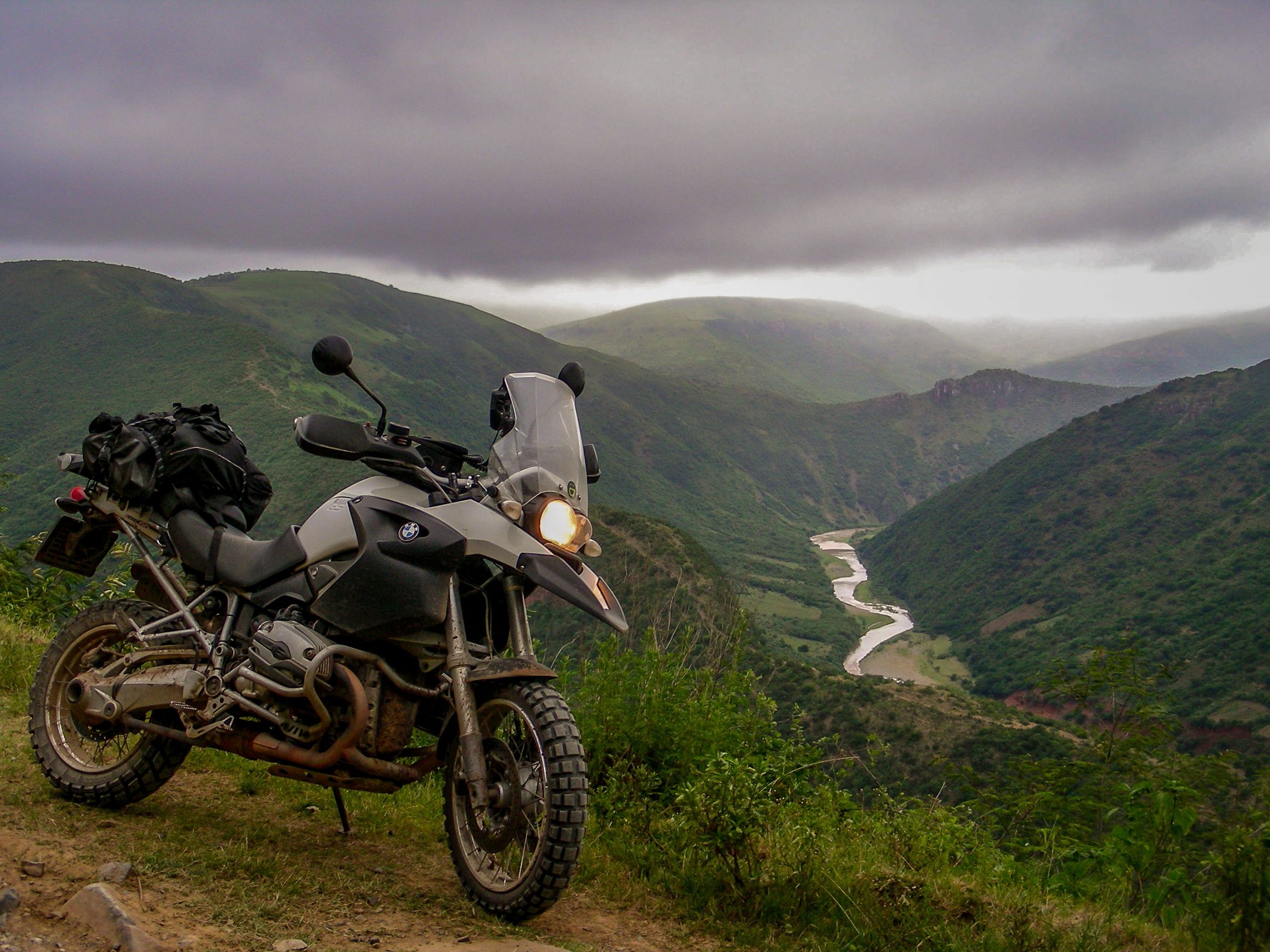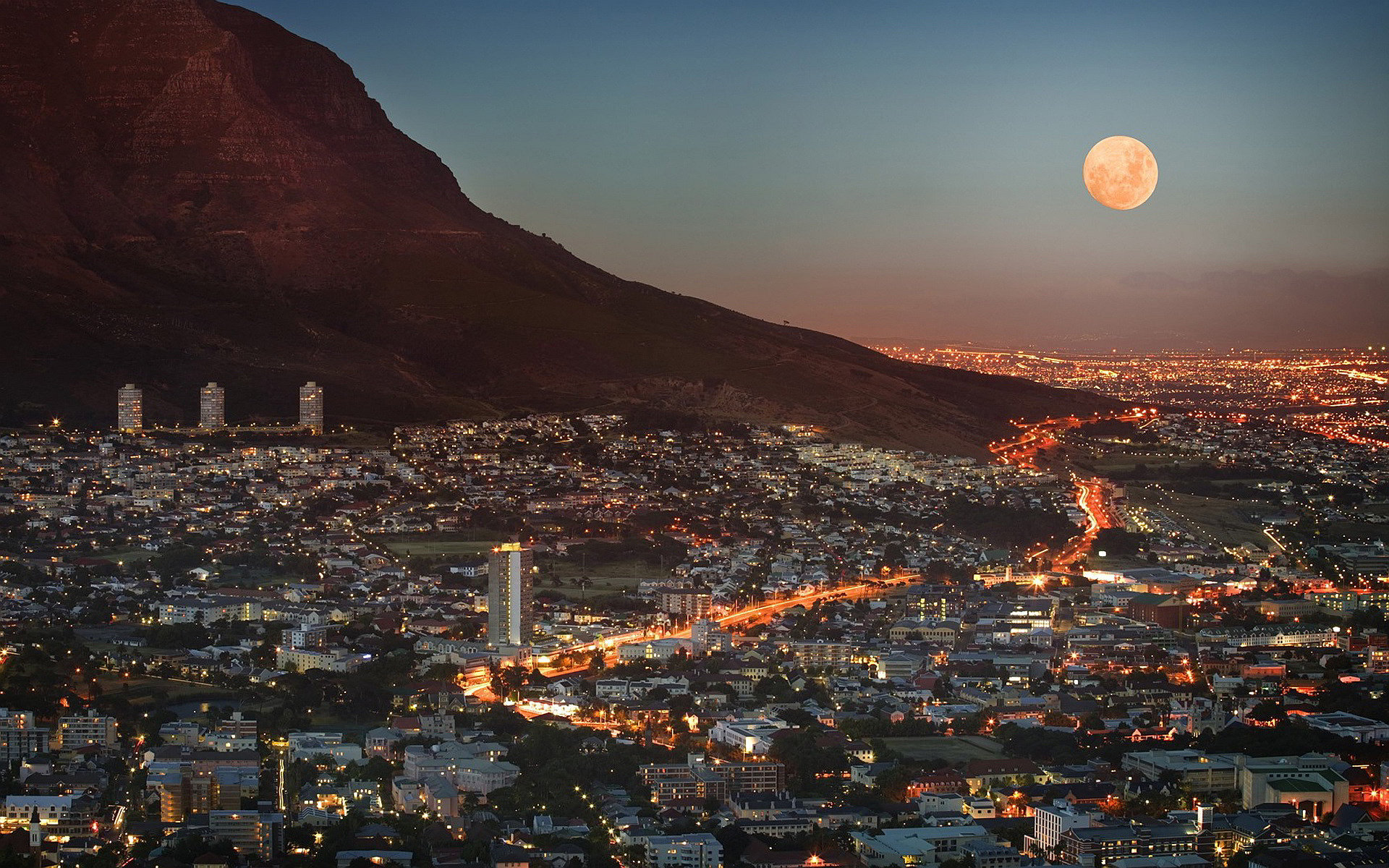Rides


Requirements
| Carnet de Passage | no requirements |
| Insurance | no requirements |
| International driving permit | require IDP 1968 |
| Travel Visa | no requirements, 90 days per calendar year |
Riding in South Africa.
South Africa is a great destination for adventure motorcyclists but it can be a bit of an unknown with regards to logistics and bureaucracy. It is estimated that 60-70% of the vehicles on the road do not have insurance, it is not a legal requirement but one you may wish to sort.
There are some key differences between the rules of the road in South Africa and other places, from driving on the left side of the road to traffic lights referred to as “robots.” The latter is important to remember in case you need to ask for directions, and someone tells you to “turn left at the second robot.”
You need understandable documents.
The police can require the immediate presentation of all driving documents by the roadside, including license, logbook, and insurance, is common in most jurisdictions. If you cannot these documents in a language that the police can understand, there is a likelihood of having your bike impounded.
As a tip, it is to laminate all of your key documents or otherwise waterproof them. It is also highly recommended to scan all your original documents and email them to an easily accessible email address.
It is also worth printing off the Constat Amiable D’accident Automobile, which is used across numerous and other countries (the downloadable one on our website has English as well as French).
A full bike license is essential.
To ride in South Africa, you need a full UK bike licence, which authorises you to ride in your home country. Therefore, if you have a restricted licence in the UK, you cannot ride an unrestricted bike in South Africa.
Entry paperwork is required, thankfully no visa is needed.
There is no visa requirement to enter South Africa for UK nationals, but you will have to fill in a simple entry form when you cross into South Africa, as well as a similar form for your bike.
If you take your bike there, your taking your bike back.
Your bike will be registered entry into South Africa and you must leave with your bike. customs officers are meticulous. If you leave the Kingdom you must have your vehicle entry papers stamped having the country. If you cross the border and intend to return, must go through the entire process again. This is to prevent vehicle smuggling.
Rules of the Road
Driving in South Africa can be a novel experience for those used to the roads of North America or Europe.
- Driving on the left side of the road: In South Africa, you will need to adjust to driving on the left side of the road. Before you take on the major highways, take some time to practice and adjust to driving on the left. Remember to keep to the left and pass on the right.
- Speed limits: Speed limits change frequently, so make sure to keep an eye out for signs. Generally, the average speed limit is 60 kilometers per hour (37 miles per hour) in cities, 100 kph (62 mph) on secondary roads, and 120 kph (75 mph) on highways.
- Road signs: Road signs are often written in Afrikaans as well as English and distances are measured in kilometers.
- Drinking and driving: In South Africa, the legal blood alcohol content is 0.05 percent, which is between one or two beers or glasses of wine depending on your body weight.
- Tolls: You’ll find tolls on the main highways, which can cost anywhere between 15 and 50 South African rand, and can be paid by cash and occasionally by credit card.
- Roundabouts: Known locally as turning circles, you must give way to the right when using one. However, some smaller ones will operate on a first-come, first-served basis, which will be clearly marked.
- Single lane highways: You’ll find that cars often pull over onto the hard shoulder to let other vehicles overtake. Flashing your hazards is the correct way to thank people if they do this for you.
- Four-way stop streets: These are common in cities and operate on a first-come, first-served basis.
- Gas stations: Attendants will pump your gas for you as well as checking tire pressure and oil levels. It’s customary to tip these individuals at least 5 rand.
- Cell phones: Using a cell phone, whether talking or texting, while driving is not permitted.
- In case of emergency: If you run into any problem for any reason and need to contact emergency services, dial 112. For more specific assistance, you can dial 10111 for emergency police response and 10177 for an emergency ambulance response.
How to get to South Africa
Ride through
–
Ship
–
Please note, this page was correct when written in January 2025.
